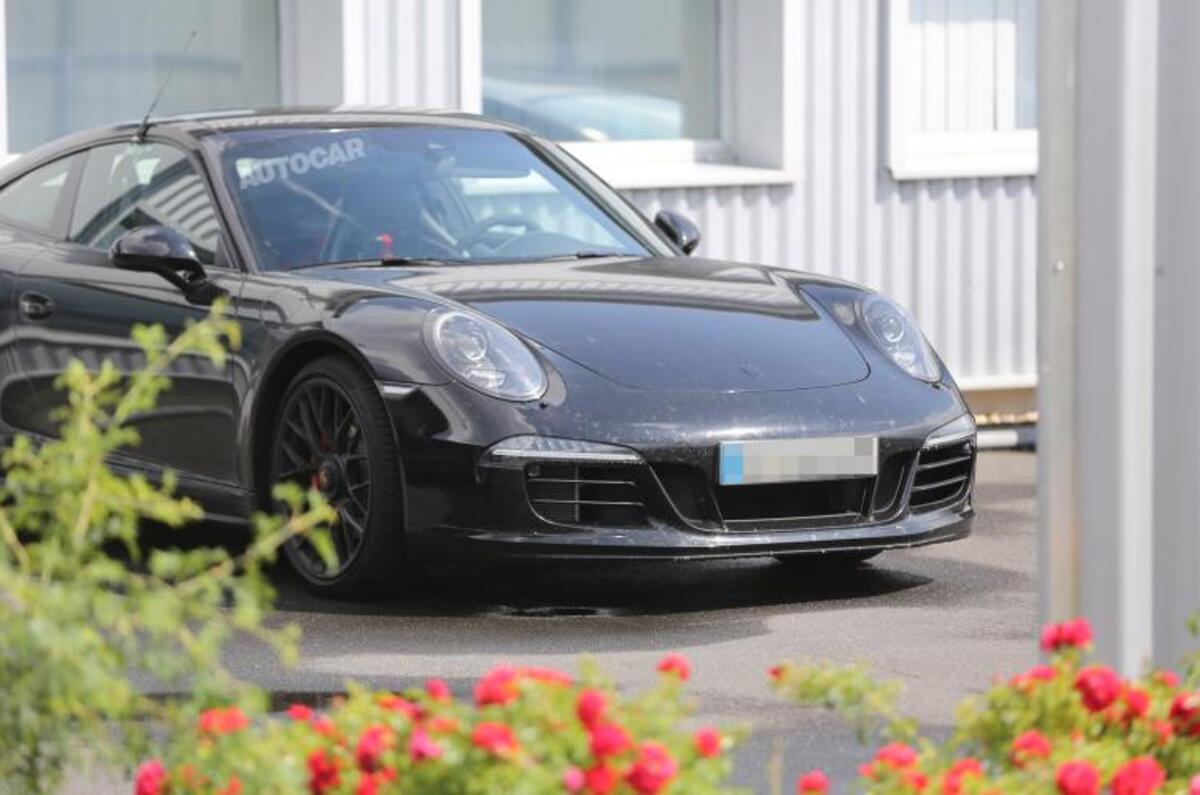The chances of the long-mooted Porsche 911 plug-in hybrid becoming a reality are strengthening.
While still unconfirmed, Porsche boss Matthias Müller is understood to be warming to the idea. However, Mueller also made it clear that a 911 hybrid wouldn’t be seen for some years, at least until the next-generation 911 launches (as opposed to a hybrid version of the facelifted 911 due later this year). “Maybe in the next generation. Why not?” he said.
“There is no reason against it and we will see whether we have some reasons to do it. We are doing some studies to see whether it can work, whether it will work. We will see.”
Müller said the reputation of the car would play an important role in the decision on opting for hybrid power. "We have to take care for our 911 customers and the image of the car because that is a very important decision and we have to do a lot of analysis before we decide,” he said.
The hybrid 911 has been a discussion point for at least 12 months as Porsche faces up to the challenge of marrying performance with ever more stringent emissions and fuel economy regulations.
“This hybrid technology has two reasons," Mueller said. “One is the CO2, but another reason for this technology is the sportiness.
“As we have proved with the 918 Spider, with a supersports car it can work, and that could also be a solution for 911.”
A new boxer four-cylinder engine is already under development for the Boxster and Cayman models that form Porsche's traditional sports car sales-base.
The 2.5-litre turbocharged petrol engine is expected to make its debut in next year’s mid-life update for both models, which, like the 911, are exclusively powered by six-cylinder Boxer engines at the moment.
An adaptation of that engine for use in a hybrid 911 would make sense. It would help resolve the rear-engined car’s packaging issues, as well as continue to drive down fuel economy while aiding performance.
Müller also said the same four-cylinder/electric hybrid set-up could also be used in the mid-engined Boxster and Cayman. “We have a lot of opportunities but we cannot do everything because we are only a small company,” he added.
The hybrid system in the Porsche Cayenne, Porsche Panamera and Porsche Macan uses a supercharged 3.0-litre V6 petrol engine allied to an electric motor with a lithium ion battery pack, but Porsche sources insist that using an adaptation of such a system in the boxer-powered sports cars would be sacrilege and would never happen.
Müller said the timing of hybrid introductions depended on the development and production schedules for individual models. “It depends on the lifecycle and the cycle plan of Porsche, so that [the Cayenne] is the next opportunity to do that. Another opportunity will be in 2016 with the Panamera again.”
Bruce Newton
Get the latest car news, reviews and galleries from Autocar direct to your inbox every week. Enter your email address below:




Join the debate
Add your comment
The problem they have is this
Kicked in the face